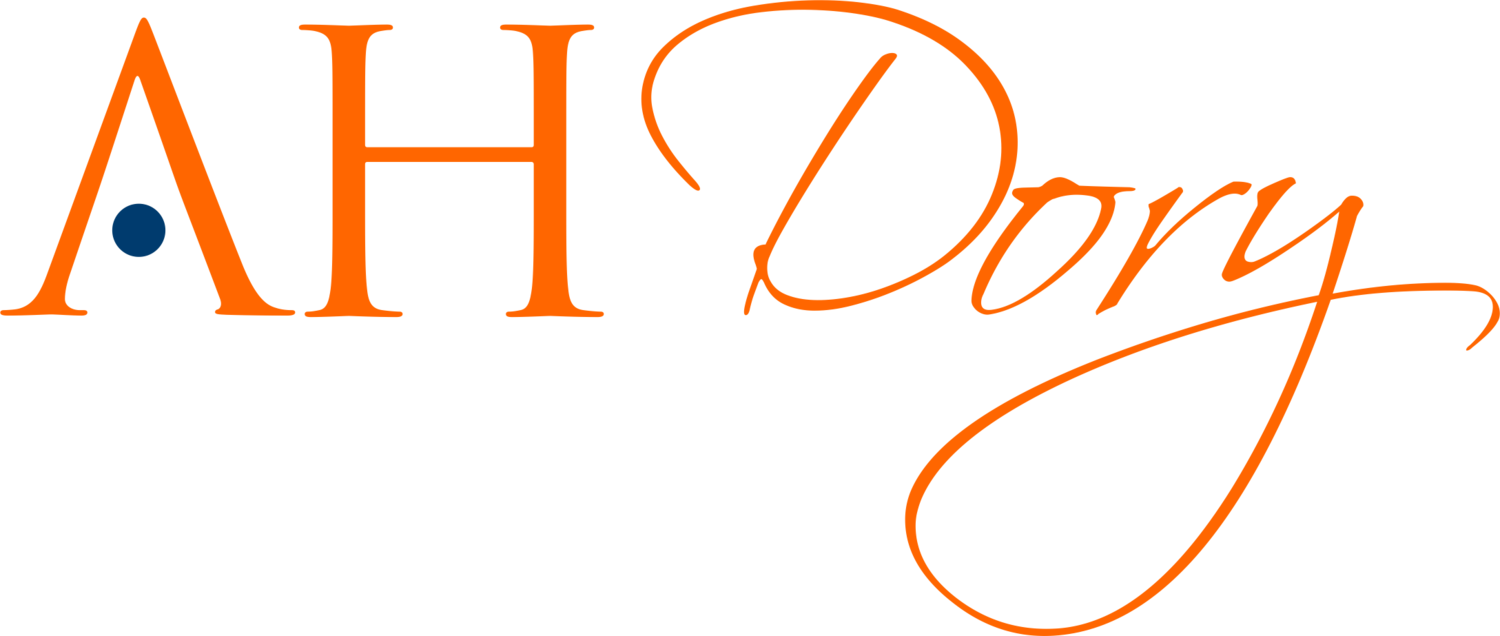On-boarding for the small and medium sized business
You’ve made a really good hire. Now you need to turn a good hire into a great employee.
There is a lot being written about the importance of a company’s on-boarding process. Most of it is written for large companies that have the resources to create and implement a formal, and often expensive, on-boarding program. But on-boarding is as important for the small business as it is for the large enterprise.
Here are some tools smaller companies should consider using.
First Day’s Agenda:
Share the knowledge of the organization and people
Of course the first day includes an office/building tour, issuance of passwords, keys, parking card, org charts, directories and so forth. However, the importance of building a solid relationship during the first few days after a new hire’s reporting date cannot be overstated.
You have had complete control over the date the new employee starts. Therefore, plan in advance. Prepare for and schedule introductory meetings with each staff member. Begin with the president, owner or CEO who will give clear direction, objectives and expectations of the Company and the role of the new employee.
Prepare a simple outline that offers tips for each member of the staff to use in meeting with the new hire. Encourage open, productive conversation regarding work routines, attitudes toward work, environment, what is valued and what is not and insight into the lay-of-the-land.
Assign a mentor, coach or colleague to the new employee for the first 2 weeks. Typically your best people are assigned this privilege - and it is a privilege. If it feels otherwise, lets talk. This person takes the new hire to lunch (paid by the company of course), builds a bond of trust and is there to help the new hire get acclimated into the environment and the work. This is great leadership and development experience for the person performing this role.
Performance Expectations
The manager and or supervisor should also meet with the new hire regularly during the first days and weeks of the new hire’s orientation. During this time, the overall objectives for the department and/or the new employee are presented and discussed and the tactical work expectations are reviewed. This is best presented in an outline form with brief and clear talking points. All of the written documentation can be saved for the following days and upcoming week. Use these first days for rapport building and discussion. Manager and new hire can meet daily after this for short but specific discussions on daily tasks, strategy, deadlines and expectations.
Feedback
Schedule weekly briefings with new hires to check in with them. Encourage them to ask questions and provide them with feedback. Create an ongoing opportunity for open communication. If you have overlooked this step in the past, start it now. Effective feedback provides a forum for open communication and it creates an environment for ideas to be discussed and for efforts to be recognized or modified.
OnGoing
The first days and weeks of an employment relationship are critical for the newly hired, the existing staff and the managers. Taking time during these days to effectively communicate and build rapport will make a difference in a good hire becoming a great employee.

